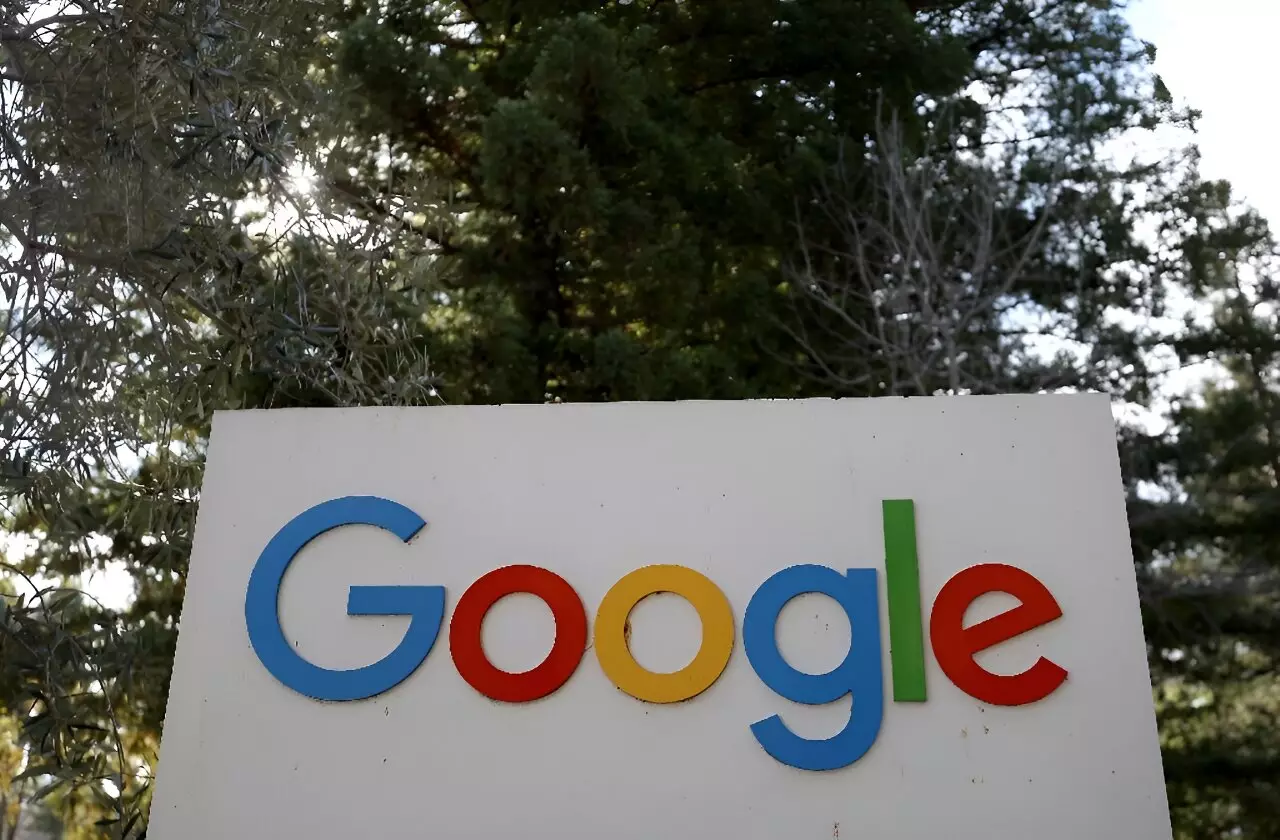Google recently announced that it is conducting a test where it removes links to California news sites for certain users in the western US state. This move comes as legislators in California consider passing the California Journalism Preservation Act (CJPA), which would require platforms like Google to pay for connecting users to news articles. Jaffer Zaidi, Google Global News Partnerships vice president, expressed concerns about the potential consequences of this legislation.
This is not the first time that tech giants like Google and Facebook have faced challenges related to compensating news outlets. In Australia, Facebook briefly blocked news articles on its platform in response to a similar law before reaching agreements to remunerate news publishers. Similarly, an accord was reached in France between Google, publishers, and press agencies regarding the display of news content on the platform. Canada and Google also signed an agreement for the tech company to pay Canadian media companies $100 million annually in compensation for lost advertising revenues.
According to Jaffer Zaidi, the CJPA, if enacted in its current form, would create significant financial uncertainty for Google and other companies. Google argues that the uncapped financial exposure resulting from the proposed law would be unworkable. As a response, Google is conducting a trial where it removes links to news websites possibly affected by the legislation to assess the impact on its platform. Zaidi also mentioned that Google is pausing investments in the California news “ecosystem” until the regulatory landscape becomes clearer.
Zaidi highlighted that only two percent of Google search queries are news-related, signaling a shift in how people consume news. Traditional news sources are competing with short-form video, newsletters, podcasts, and social media for audience attention. The evolving news consumption habits of users are prompting tech companies like Google to reassess their strategies for delivering news content.
While tech companies argue against laws that would require them to compensate news outlets, supporters of such legislation believe that these companies benefit from news content without adequately supporting the journalism industry. They argue that tech titans attract users with news stories and capture a significant share of online advertising dollars that would otherwise support struggling newsrooms. Zaidi emphasized that a thriving news industry in California will necessitate support from both the government and private companies.
Google’s response to the California Journalism Preservation Act reflects the complex interplay between tech companies, news outlets, and legislation seeking to balance fair compensation with the dissemination of news content. The outcome of this debate will have far-reaching implications for the future of journalism and digital platforms.


Leave a Reply